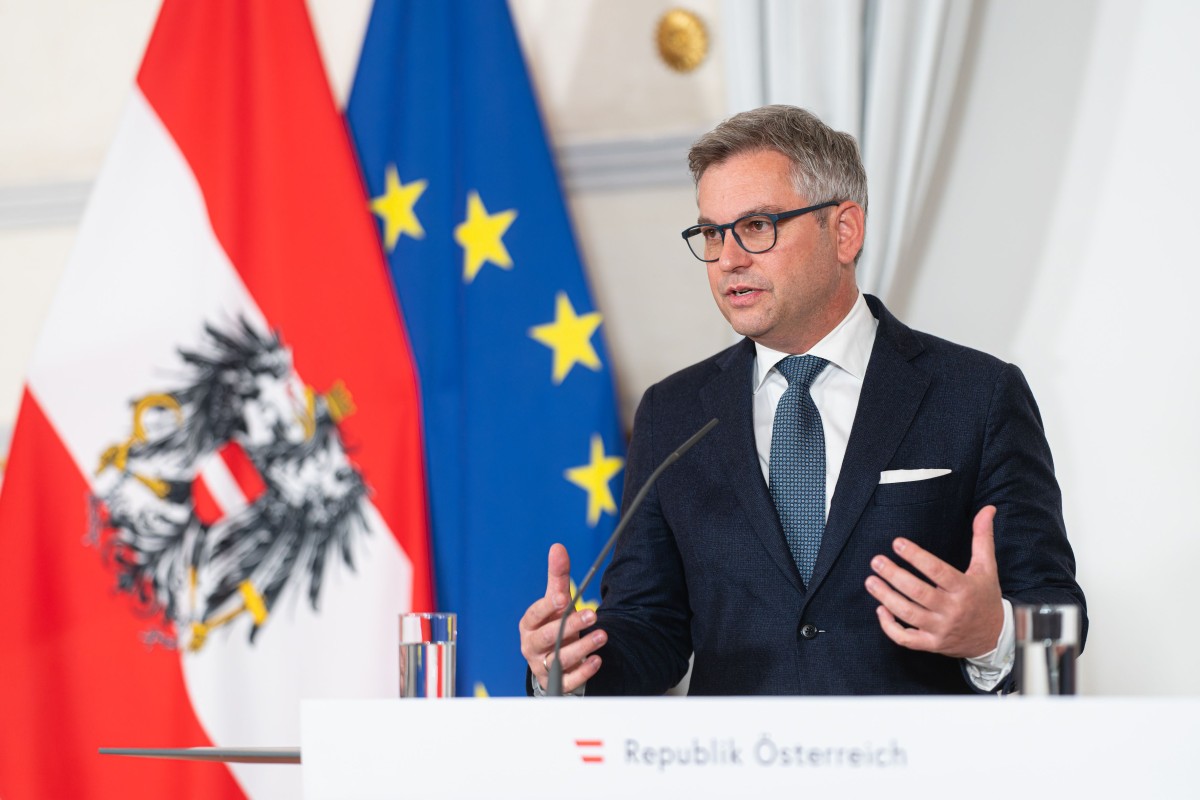Sponsored Content
Brunner Faces Challenge at EU Hearing: Focus on Migration and Changing Schengen Position
The week of hearings for the candidates for the new EU Commission under the leadership of President Ursula von der Leyen begins in Brussels. The candidates face intensive scrutiny by the European Parliament. Austria's candidate, the current Finance Minister Magnus Brunner (ÖVP), will face the questions and must in particular prove his suitability for his new migration portfolio.
 The former Austrian People's Party Finance Minister and future EU Commissioner for Migration, Magnus Brunner, has explained his positions and goals in writing to the EU Parliament. / Picture: © Bundeskanzleramt (BKA) / Florian Schrötter
The former Austrian People's Party Finance Minister and future EU Commissioner for Migration, Magnus Brunner, has explained his positions and goals in writing to the EU Parliament. / Picture: © Bundeskanzleramt (BKA) / Florian Schrötter
Magnus Brunner, who previously specialized in financial issues, advocates an EU-wide, coherent migration policy. His plans focus on the rapid implementation of the controversial EU asylum and migration pact and creating a new EU deportation law aimed at the more efficient return of irregular migrants. This goal is to be based on closer cooperation with the member states to ensure the…
or Log In
Fast News Search





